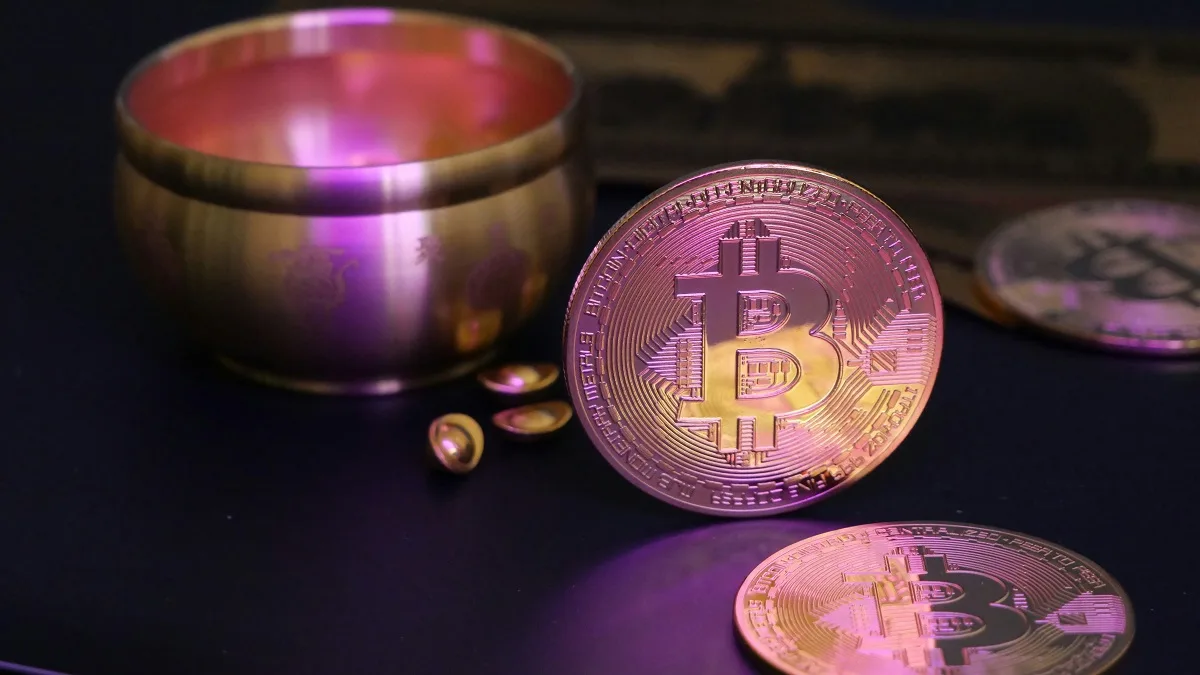
The Strength of the Taiwanese Dollar: An Asian Currency in Demand
The Taiwanese dollar is currently one of the strongest Asian currencies, having gained about 0.5 percentage points against the US dollar today, reaching its highest level in three years.
In this article:
- The reasons behind the Taiwanese dollar’s rally
- Taiwan government’s concerns about the economy due to the excessive currency strengthening
- The impact of the rally on the trade agreement between the US and Taiwan
Taiwanese Dollar: Explaining its Strength
The rally of the Taiwanese dollar has been supported by inflows of global funds into national stocks. According to Bloomberg data, these funds have invested $7.9 billion, on track to record the highest inflows since the last quarter of 2023. The easing of trade tensions has been a significant catalyst in encouraging investors. The agreement outlining a trade framework between the US and China this week has pushed traders to bet on the Taiwanese dollar, strengthening the belief that tariffs will not hinder the island’s trade significantly. “A combination of exporter sales and equity inflows has seen the Taiwanese dollar gain,” said Khoon Goh, Head of Asia Research at the Australia & New Zealand Banking Group.
The weakness of the US dollar has also contributed to the decline in the USD/TWD exchange rate. Traders have moved away from the greenback due to concerns that the US President’s trade policy may harm the American economy, and plans for fiscal easing could increase the deficit. Additionally, the Federal Reserve is expected to resume the cycle of interest rate cuts soon. “Expectations of further US dollar declines could further increase the appreciation of the Taiwanese dollar, leading life insurance companies to increase their hedge ratios,” said Goh.
Taiwan Government Concerns
While the increase in the Taiwanese dollar’s value demonstrates market confidence, it also raises concerns for local institutions. The island’s economy relies on exports, and a currency that is too strong risks making the country’s products less competitive. The US has long accused Taiwan of keeping its currency undervalued to support exporting companies.
Speculations have recently arisen that the Central Bank of Taiwan may allow the currency to appreciate as part of a trade agreement with the Americans. This is despite the Taiwanese government repeatedly stating that exchange rate policy has not been discussed in negotiations with US President Donald Trump. According to Wee Khoon Chong, Senior Apac Market Strategist at Bank of New York Mellon, “the rally of the Taiwanese dollar seems increasingly strained. With the significant weakening of the US dollar, the risk is that it remains expensive.” Something to “be mindful of in the short term,” he added.











